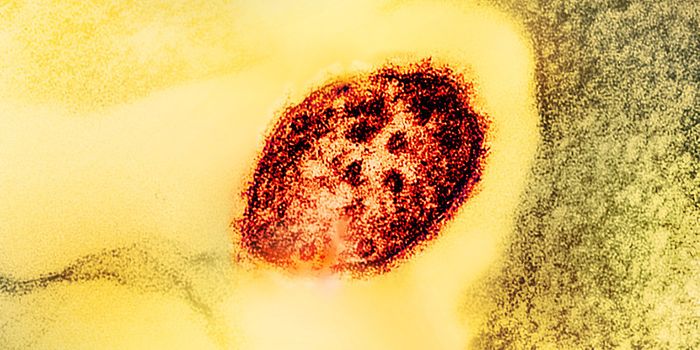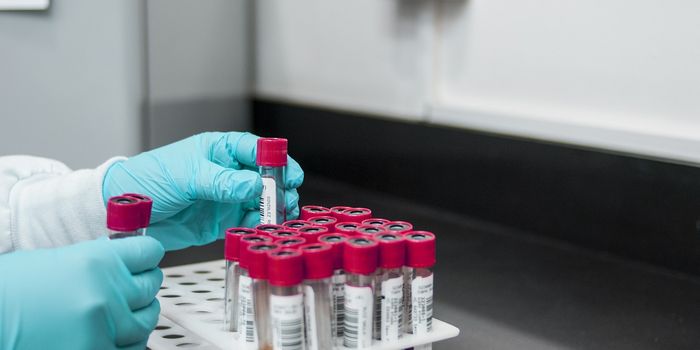Creatine Biomarker Could Be Used to Screen for Deadly Myocarditis After Cancer Treatment
Immune checkpoints are a part of the immune system that prevents the body’s immune response from destroying healthy cells. They are proteins on the surface of immune T cells that function by binding to proteins on other cells, called partner proteins. This process sends an “off” signal to the T cells.
Immune checkpoint inhibitors (ICI) are a type of immunotherapy drug that work by blocking checkpoint proteins from binding with their partner proteins. This allows the immune system to destroy cancer cells more effectively by allowing the immune T cells to attack cancer cells.
ICI drugs are currently approved to treat an array of cancer types, including breast, bladder, and cervical cancers. One common side effect of ICI drugs is myocarditis, or inflammation of the heart muscle. A recent study published by researchers at Michigan Medicine found that out of over 2,500 patients treated with ICI drugs, 1% were diagnosed with ICI myocarditis.
An ICI myocarditis diagnosis can be devastating for patients. Salim Hayek, M.D., senior study author and medical director at the University of Michigan Health Frankel Cardiovascular Center Clinics, says that “while immune checkpoint inhibitors have revolutionized the treatment of various cancers, patients who develop the rare complication of myocarditis often present late with at least a 50% chance of death.”
The researchers found that nearly all patients diagnosed with ICI myocarditis had early signs of muscle destruction and liver damage. These signs could be used as biomarkers to diagnose ICI myocarditis early and allow clinicians to start potentially life-saving immunosuppressive therapy. A biomarker is a measurable characteristic that can be used to identify a particular biological process, disease, or condition.
The researchers are especially interested in a non-cardiac biomarker, creatine phosphokinase, which signals muscle injury. Creatine phosphokinase was most strongly linked to the development of ICI myocarditis.
“Diagnosing immune checkpoint inhibitor myocarditis is challenging, given that there is no one test that can differentiate it from other causes of cardiac injury. By the time patients present to the hospital, it is often too late,” adds Hayek. “Diagnosing patients early allows us to start immunosuppressive therapy sooner and give patients a better chance of survival.”








